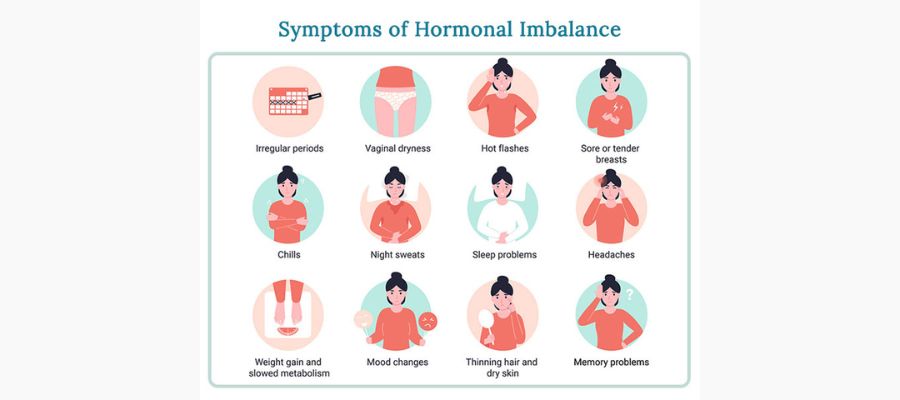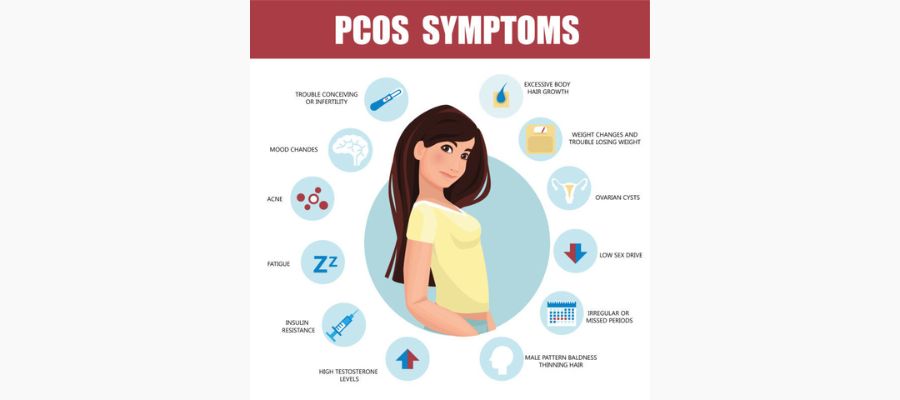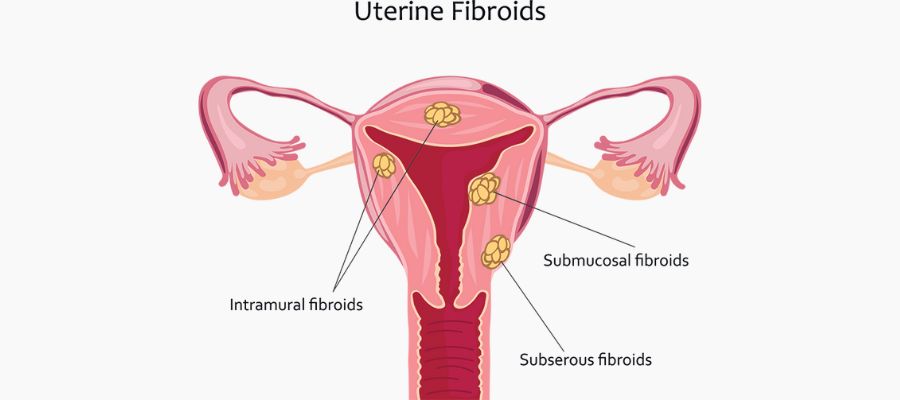
Is your immunity stored in your gut?
You might be quiet familiar with the advertisement of Shilpa Shetty endorsing the effectiveness of probiotics for gut health and immunity. Much recently researchers have been able to establish the connection between the body’s immune response and the gastrointestinal microbiome. Studies describe that the gut microbes are inseparable from host health. Inflammation due to the immune response also disturbs the gut microbes which can have impact on the gut health. So we can say that both are interlinked. Hence, supporting balance of gut for immunity, prevention and response or recovery from serious infections is of prime importance. There are various factors whichtake place only due to the equilibrium or normalcy of intestinal epithelium and its working. Protein synthesis which takes place in the gut helps in many cellular processes like cell proliferation, apoptosis, molecular transport, inflammatory response (cytokine release) against pathogens.
Factors altering themicrobial composition
- Pre existing genetic factor
- Diet- processed foods, refined foods.
- Alcohol
- Antibiotics -irrelevant and overuse disrupts the good gut bacteria.
Gut dysbiosis has closely been linked with Obesity, type 2 DM, necrotizing enterocolitis, inflammatory bowel syndrome and hypertension.
What can restore or maintain the health of our gut.
It is well known that all the disease erupts from our bad lifestyle. Lifestyle can be negatively impacted by the physical as well as emotional or mental factors.
A diverse diet, moderate consumption of processed and refined foods, and appropriate dietary fibre intake are all aspects of a healthy lifestyle that may support a healthy microbiome.
- Gut health is frequently promoted by foods and substances with the ability to improve immunological function. Consuming a variety of fruits and vegetables can help to lower oxidative stress, support effective biotransformation and detoxification in the liver, and improve immune system performance overall. These foods are high in antioxidants, anti-inflammatory minerals, and phytochemicals. These same fruits and vegetables also contain insoluble fibres that help with the effective processing and disposal of waste from the intestinal tract, as well as soluble fibres that “feed” the commensal bacteria community in the colon to optimise gut balance and health.
- Adequate sleep and quality –many a times we consider sleeping as a non essential part of our life. Most frequently people focus on their jobs, housework, and education by brutally killing the quality sleep through intake of caffeine. However, sleep is essential for production of important hormones required for normal functioning of our body cells, also it helps repair the damaged cells and reduce oxidative stress. Hence, any damage to other body cells can cause harm to gut microbes as well.
- Movement and exercise plans – unlike sleep exercise has another level of good effect over all bodily metabolism and gut. Movement helps in peristalsis of the intestine which helps in digestion of food. After every meal slight and gentle movement is an essential part of lifestyle. Apart from meals one should take a note that any sort of physical activity which makes the body move helps in keeping your immunity intact.
- Reduction of dietary triggers and toxic exposures
- Stress management or transformation – this is a well established fact that there is an interlink between the mental health and the gut. So, indulge in the activities that stimulates happy hormones and keeps your intestinal microbiota happy.
The interaction between the immune system and the gastrointestinal microbiome is significantly influenced by the composition of the gut microbiota. This is the most researched subject in today’s era where we are busy finding the cure of disease. Whereas the cure to every disease and building all the essential components of our physical and mental health is only the gut.










